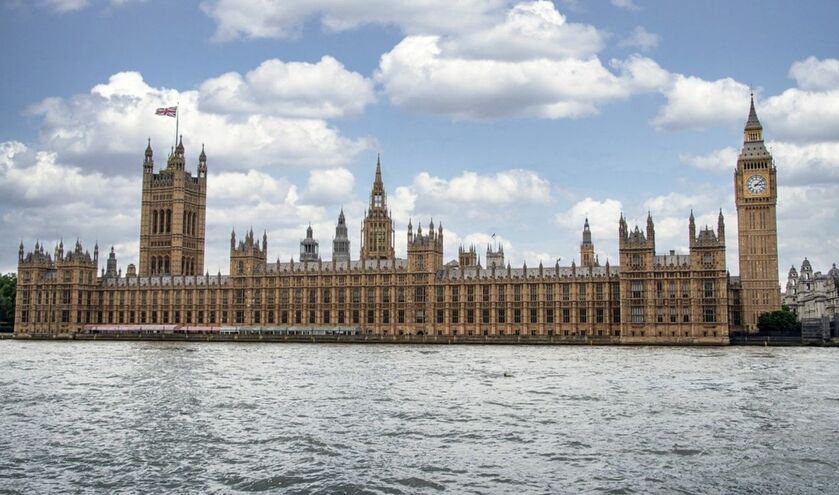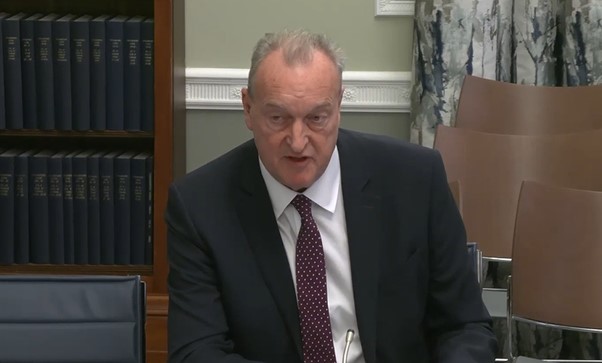The Public Accounts Committee report warns the Government's NHS ambitions ‘run counter to officials' lack of ideas or drive to change'.
Sir Geoffrey Clifton-Brown, chair of the committee, said: ‘Truly fresh ideas and radical energy must be generated to meet the scale of what is required - on community healthcare, on prevention, on digital transformation. Given the position of the NHS, forcing this committee to wade through treacle by mouthing the same stale platitudes of incremental change is simply not going to cut it.'
The PAC found officials not ready to prioritise the ‘three big shifts' of the NHS: hospital-based to community care; analogue to digital; and treating ill health to prevention.
Officials risked ‘letting slip a golden opportunity' to take significant decisions for longer-term benefits of the nation's health and accused the NHS of being complacent on productivity, the report added.
On community healthcare the report found the ambition to move care from hospitals had ‘stalled' and recommended more funding spent year-on-year in the community.
The committee also called for a definition of what counts as prevention spending and that officials set out funding increases to achieve it.
In addition, the MPs said the switch to digital had been ‘glacially slow' in parts of the NHS and called for a plans to reduce reliance on paper within 18 months, including a specific deadline to end the use of fax.
Robust response
An NHS spokesperson said the report contained ‘basic factual inaccuracies and a flawed understanding of how the NHS and the government's financial processes work'.
The spokesperson said far from being ‘complacent', the NHS was improving productivity at ‘double pre-pandemic levels'.
NHS England said it had ‘repeatedly been open about the problem [productivity] and the actions being taken to address it' and would be publishing further improvement measures later this week in planning guidance.
‘Reform is part of the NHS' DNA and has ensured performance improvements for patients in the past year, including innovations such as virtual wards – despite the huge challenges the NHS has faced, including capital starvation, unprecedented strikes and a fragile social care sector,' the spokesperson said.
‘Lord Darzi's report was clear many of the solutions can be found in parts of the NHS today, and we are working closely with the Government to drive this innovation forward as we develop the ambitious 10-Year Health Plan to build an NHS which is fit for the future.'
A Department of Health and Social Care spokesperson said: ‘We have been consistently clear that fixing the broken NHS and ensuring it is fit for the future requires urgent and radical reform.
‘This will be a challenge, but health leaders in the NHS have said they will meet this task, and we will work with them to deliver it as part of our Plan for Change, as we shift healthcare from hospital into the community, from sickness to prevention and from analogue to digital.'



